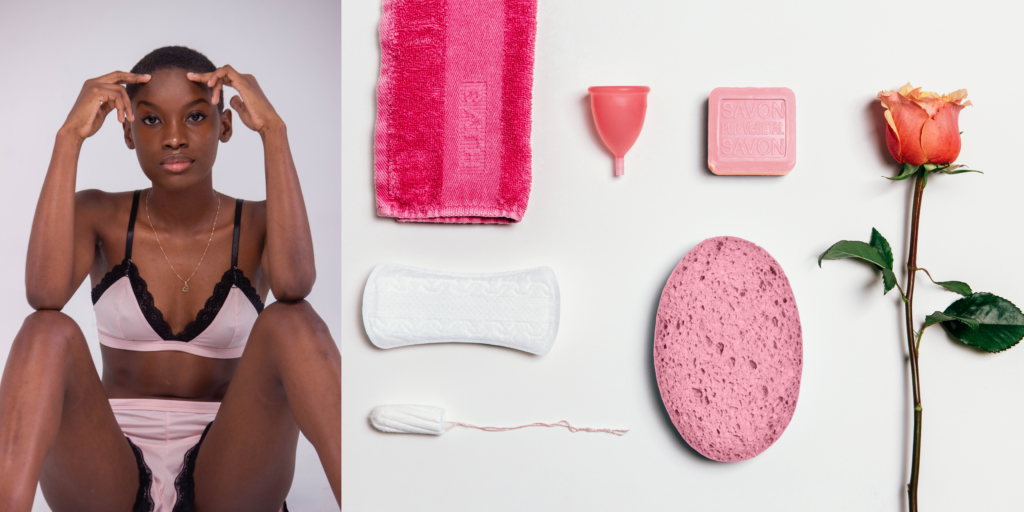Intimate Hygiene

As the name implies, intimate hygiene is all about keeping your privates clean and hygienic. Many women are unaware of the difference between intimate and general cleanliness and fail to adhere to basic vaginal health norms.
Vaginal secretions that are clear and white are normal. Certain glands in the cervix produce a natural lubricant that travels down the vagina, assisting it in remaining moist and healthy. Simply put, this vaginal discharge is your vagina’s natural method of self-cleansing and a sign that it is entirely healthy.
If the discharge is smelly, a different color (such as yellow or green), and causes itching and soreness, the likelihood is that an infection causes it. Consult a gynecologist promptly if the discharge is foul-smelling, irritating, or stained with blood.
What you must do to maintain a healthy and clean vagina:
1. Utilize a high-quality intimate cleanser.
When it comes to hygiene, the intimate area’s skin demands unique, careful care. Washing with regular soaps/gels might result in a pH imbalance, resulting in itching, odor, and illness. If you already have an infection, washing with soaps can aggravate the situation. Utilize a high-quality intimate wash that has been dermatologically and gynecologically tested and is also hypoallergenic. Put in a few drops to your hand and wash as you normally would with liquid soap.
2. Wash only outside of your privates
As previously said, the vagina is self-cleaning, which means you do not need to wash the insides. Indeed, cleansing the vagina from the inside might be detrimental. Only the exterior of your intimate area – vulva, vaginal lips, and clitoris – should be washed.
3. At the very least once a day, wash your
To prevent germ transmission, you should wash your privates with warm water at least once a day, preferably immediately after you have emptied your bowels. During your periods, ensure that you wash with warm water at least twice.
4. Avoid spraying water straight into the vaginal canal.
Spraying water directly into the vagina can allow bacteria to enter. Gently wash and let the water drain from the top.
5. There is no sponge or gloves.
Your privates’ skin is quite fragile. Never use anything abrasive; always wash with your hands.
6. Make use of a gentle towel
To absorb the water, use a soft, completely dried towel. Ensure that you wash this towel once every two days in warm water with a mild soap.
8. Wash thoroughly before and after sexual encounters.
Before and after sex, it is critical to wash your intimate area to avoid the formation and spread of hazardous microorganisms. Assure that your partner practices proper hygiene as well, as illnesses can spread quickly. Also, pass urine following sex. This will assist in eradicating any bacteria that may have spread to the urethra – the tube that connects the bladder to the area directly above the vaginal entrance.
9. Abstain from sex during menstruation
Avoid personal contact while menstruating to avoid infection. Wait until the bleeding stops, particularly if you are prone to infections/itching/sores on the skin.
10. Replace pads every two to four hours
Using a sanitary napkin for more than four hours can result in the growth of dangerous microorganisms. Replace your pad every two to four hours to maintain a clean, fresh, and hygienic feeling and appearance.
